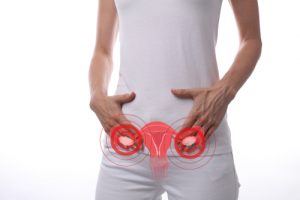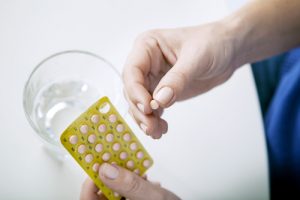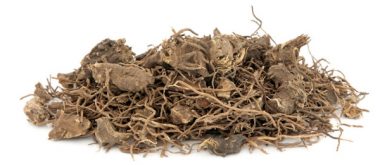Premature ovarian insufficiency is a condition that causes the ovaries to cease functioning normally before age 40. It can also worsen menopause symptoms.
Although many women see a reduction in their fertility by around 40 years of age, premature ovarian insufficiency or POI can lead to severe symptoms while going through perimenopause. It’s often confused with premature menopause but is a different medical condition. If you’re a woman who’s been diagnosed with POI, it’s important to know more about it.
What Is Premature Ovarian Insufficiency?
POI is a medical condition that affects women younger than age 40. It is characterized by a failure of the ovaries to function normally and release eggs every month. Although it usually affects women before the age of 40, in extreme cases, even teen girls can be afflicted by it.
The condition is different from premature menopause, which occurs when a woman’s period completely stops prior to age 40. Premature menopause can occur as a result of chemotherapy or radiation treatment, surgery or an illness. By contrast, with premature ovarian insufficiency, a woman still has her period sporadically and can even get pregnant.
What Are the Causes of POI?
According to research, the chief reason for the development of POI is a problem with the follicles in women’s ovaries. In some cases, the follicles may run out abnormally sooner than usual. Another potential reason is that the follicles aren’t properly functioning. Usually, the issue with the follicles isn’t known, but there are other causes of POI, which include the following:
Genetic disorders like Turner’s syndrome or fragile X syndrome
- Low number of follicles
- Autoimmune conditions, especially those that affect the thyroid
- Chemotherapy or radiation
- Metabolic disorders
- Toxins like chemicals, cigarette smoke and pesticides
Natural Menopause Versus Menopause With POI
There are significant differences between the experiences of women who go through menopause-related to premature ovarian insufficiency versus those who go through this stage of life without POI. Those differences are both sexual and psychological in nature.
A study was performed from 2014 to 2019 on 293 Chinese women who had POI. The average age of the women was 33. According to the study, 70.6 percent of the women experienced menopausal symptoms,and 32.4 percent had symptoms that were rated moderate to severe.
Generally, the women experienced five primary symptoms of menopause, which included the following:
- Mood swings
- Insomnia
- Sexual problems
- Fatigue
- Hot flashes
These symptoms were reported as being more severe compared with those in women who were experiencing natural menopause. The women in the study were twice as likely to experience fatigue and insomnia and three times more likely to experience severe mood swings compared to those going through natural menopause.The most common problems with menopause symptoms in women with POI were sexual problems.
What Are the Risks Associated With POI?
Premature ovarian insufficiency carries a greater risk of certain medical conditions and disorders. They include the following long-term co-morbidities:
- Cardiovascular disease
- Cognitive impairment
- Mood disorders
- Osteoporosis
- Sexual dysfunction
In addition to these conditions being more likely to develop in women with POI, shorter life expectancy is also more likely.
 How Is POI Treated?
How Is POI Treated?
According to the North American Menopause Society, women who are afflicted with POI should be put on hormone therapy until they reach the average age of menopause. This can help to mitigate the potential of adverse long-term health effects such as the co-morbidities associated with POI. Women can also use vaginal lubricants to make sexual intercourse easier.
In addition to hormone-replacement therapy providing estrogen to women with POI, there are other treatments that can or should be administered. They include the following:
- Calcium and vitamin D supplements: Calcium and vitamin D supplements are essential to combat the risk of osteoporosis.
- Exercise: A regular exercise routine can improve your overall health and allow you to maintain a healthy weight.
- In-vitro fertilization: If you have POI but want to get pregnant, you should start IVF.
- Treatments for conditions: There are additional treatments that should be taken if you have a condition associated with POI.
If you have premature ovarian insufficiency, it doesn’t have to rule your life. Speak with your doctor so you can come up with solutions and treatments that work for you.

 Genetic disorders like Turner’s syndrome or fragile X syndrome
Genetic disorders like Turner’s syndrome or fragile X syndrome How Is POI Treated?
How Is POI Treated?



